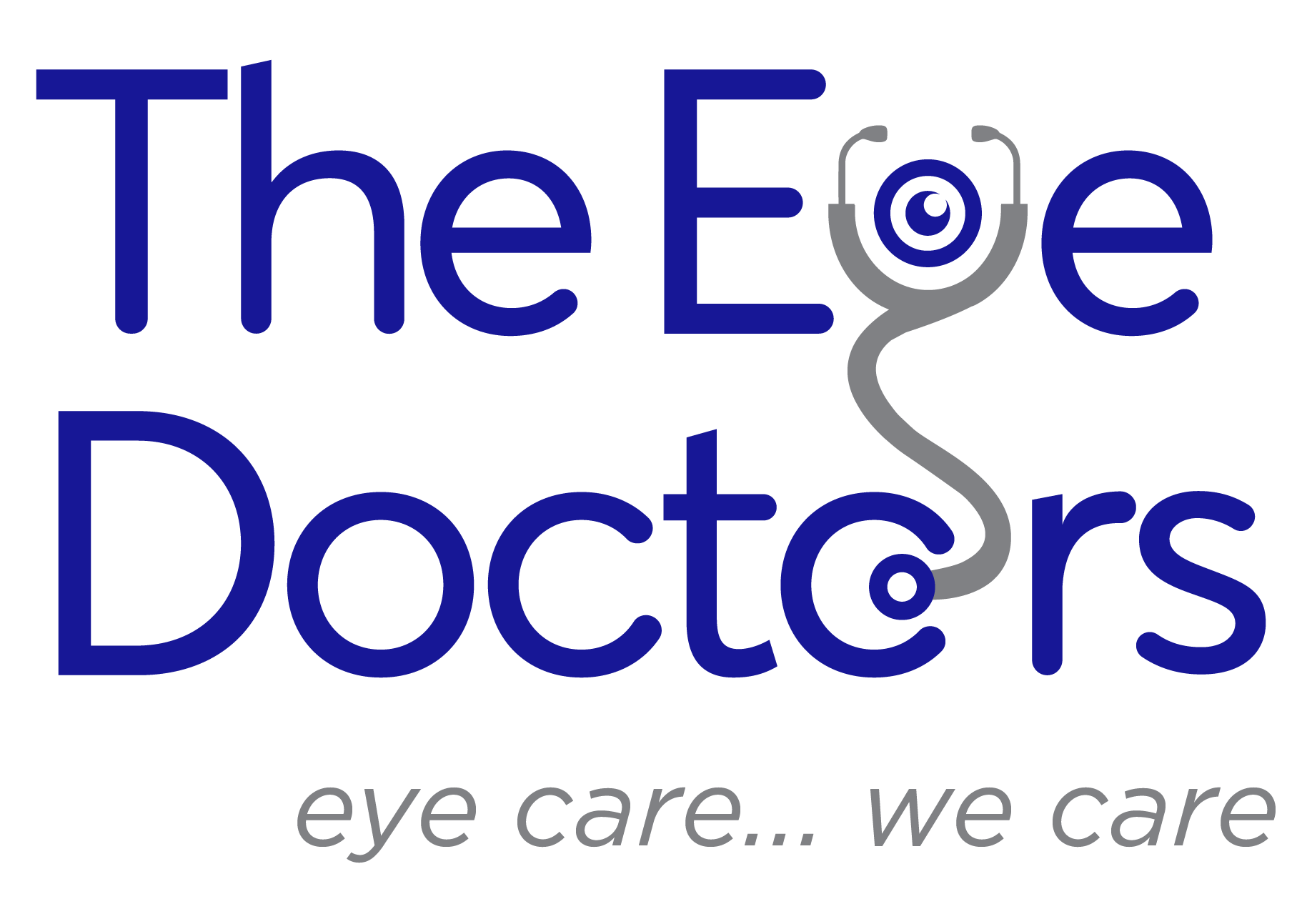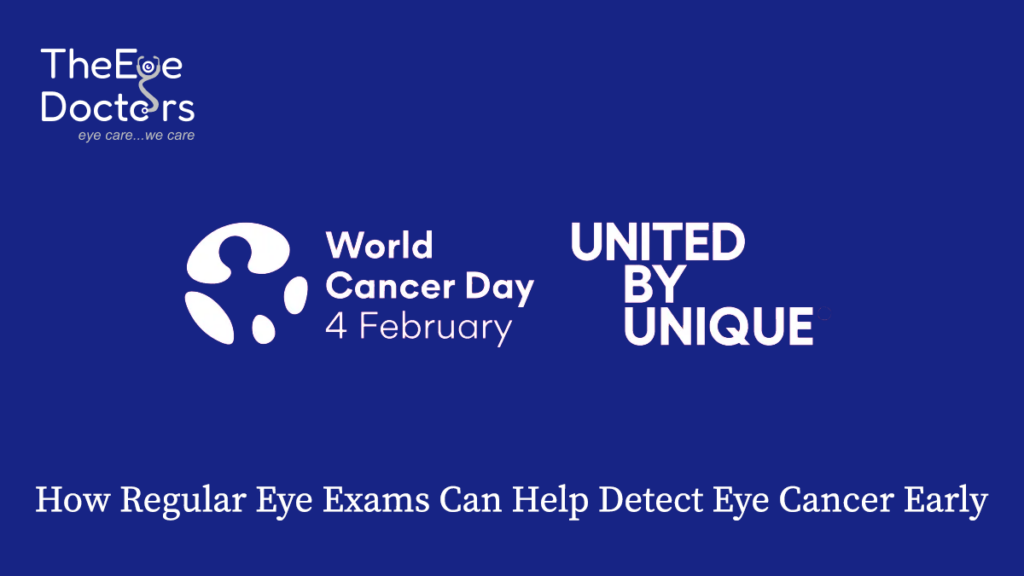When we think about eye health, we often focus on vision correction—glasses, contact lenses, or perhaps even LASIK surgery. However, another vital reason to keep up with regular eye exams is early detection of eye cancer. Though relatively rare, eye cancers like retinoblastoma, intraocular melanoma, and ocular lymphoma can be life-altering if not caught early.
The Importance of Early Detection
Like most cancers, the earlier eye cancer is detected, the more treatment options are available, and the higher the chances of preserving both life and vision. Eye cancers can be tricky to spot on your own because many symptoms, like blurry vision or slight discomfort, can be attributed to more common issues like eye strain or dry eyes. However, during a thorough eye exam, an eye doctor—optometrist or ophthalmologist—has specialized tools that allow them to look deep into the eye and detect changes that may indicate something more serious.
Common Types of Eye Cancer
-
Retinoblastoma
This is a rare form of eye cancer that primarily affects young children, often before the age of five. It typically starts in the retina, the layer of cells at the back of the eye responsible for capturing light and sending signals to the brain. Early detection is crucial because the cancer can spread quickly.
-
Intraocular Melanoma
This is the most common form of eye cancer in adults and originates in the cells that produce pigment in the eye. Intraocular melanoma can occur in the iris, ciliary body, or choroid, and while it’s rare, it can be particularly aggressive if not caught early.
-
Ocular Lymphoma
This type of cancer affects the eye’s lymphatic tissue and can lead to symptoms like blurry vision, eye pain, and redness. Though it’s less common than other types, it can be life-threatening if left undiagnosed.
How Eye Exams Help Detect Eye Cancer
During a comprehensive eye exam, your eye doctor will typically conduct a series of tests to evaluate the health of your eyes and detect any abnormalities. Some of the key tests that help detect eye cancer include:
-
Dilated Eye Exam
The Eye Doctors will place drops in your eyes to dilate your pupils, allowing them to see the retina and other internal structures more clearly. This allows them to spot unusual growths, retinal abnormalities, or other signs of cancerous changes.
-
OCT (Optical Coherence Tomography)
-
OCT is an imaging test that provides detailed images of the layers of the retina. It helps doctors detect signs of eye cancer that might not be visible to the naked eye during a regular exam.
-
Fundus Photography
Fundus photography is a specialized technique that takes detailed pictures of the inside of your eye. These images can help doctors track changes in your retina over time and spot anything suspicious.
-
Ultrasound or MRI
If your doctor detects a growth or abnormality in the eye, they may use an ultrasound or an MRI to get a clearer view of the mass and determine whether it’s cancerous. These imaging techniques can be crucial for accurately diagnosing and staging the cancer.
Who Should Get Regular Eye Exams?
-
Children and High-Risk Groups
Parents of children, especially those with a family history of retinoblastoma, should be vigilant about eye exams. Early screenings can catch this cancer before it progresses. Additionally, those with a family history of ocular melanoma or other eye cancers should see an ophthalmologist regularly. Book an appointment now.
-
Adults Over 50
For adults, especially those over the age of 50, eye exams become even more important. The risk of developing intraocular melanoma increases with age, and changes to the eyes can occur gradually, making it easy to overlook without a professional examination.
-
People with Eye Symptoms
If you experience symptoms like blurry vision, pain, redness, or visible changes in the eye, it’s crucial to see an eye doctor. These could be early signs of eye cancer or other serious conditions.
Regular eye exams are essential not only for correcting vision problems but also for detecting potential eye cancers early when they are most treatable. Early detection can significantly increase the chances of saving your sight and improving your overall prognosis. So, whether you’re due for an eye exam or just want to stay proactive about your health, scheduling regular visits with The Eye Doctors is a step toward protecting your vision and your life.


Great post!
Your posts always strike the perfect balance between motivation and practicality. I’d love to see you explore further how these ideas might influence future innovations, such as robotics or sustainable tech. Your ability to clarify challenging concepts is unmatched. Thanks for consistently sharing such thoughtful content—can’t wait for your next post!
Site – https://chatgptaguide.com